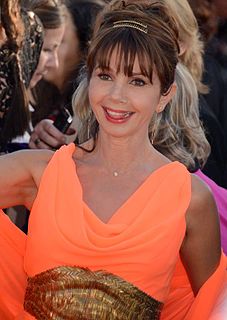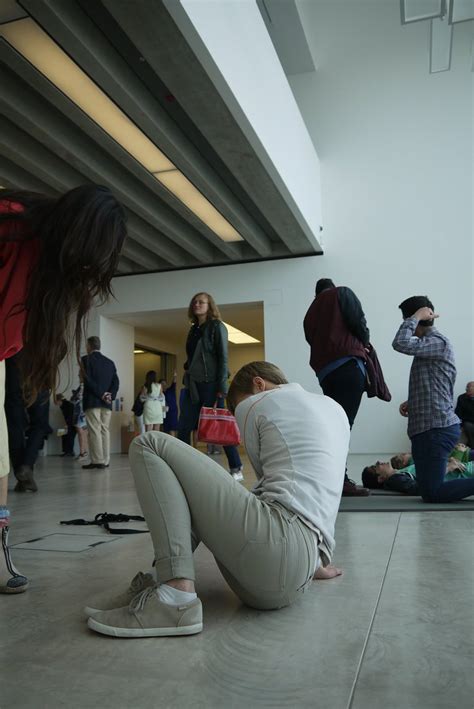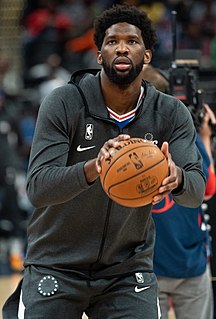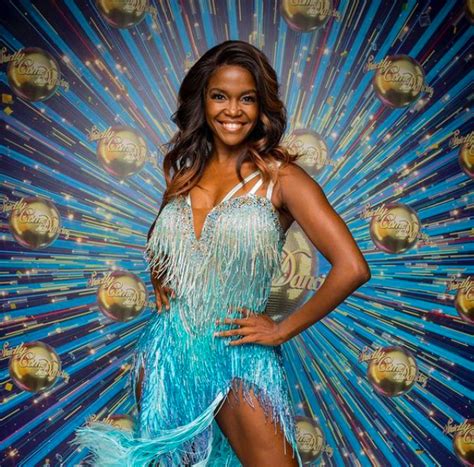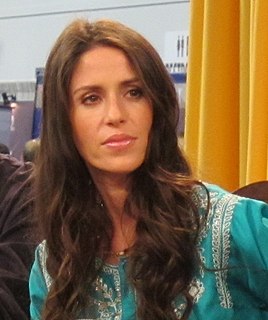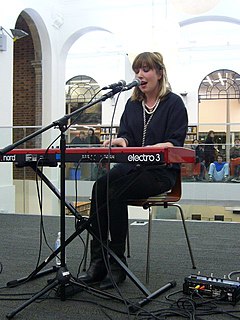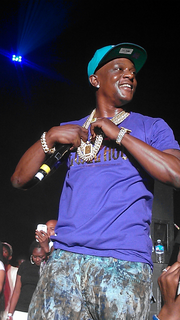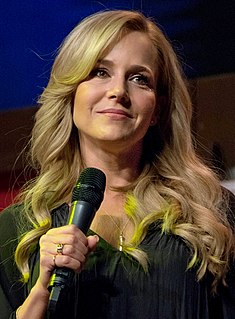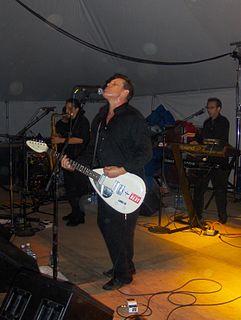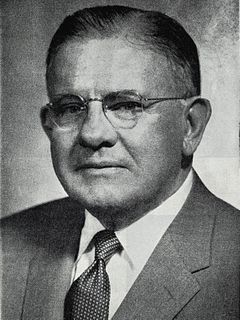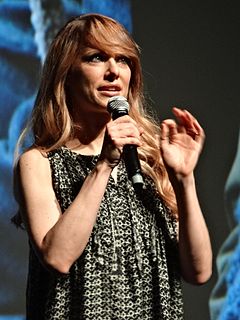A Quote by Victoria Abril
I really wanted to work and become independent.
Quote Topics
Related Quotes
Going forward, I would love to work with directors like Rian Johnson and Joss Whedon; people like that who are doing big films but do have really independent voices. That's kind of what I want to focus on, is always working with people with at least an independent point of view, even if it's not an independent film.
Certain product categories become less attractive for us because, as they become mature, they become low-cost, and hence, there is less to invent. There is less to invent in a television, whereas in heath technology, there is a lot to invent. So we wanted to put our innovative power to work where it really matters.
I wanted to try to make songs that worked as songs, not just as productions. People wanted me to do a solo acoustic session, they were like "Can you play song on the piano?" and I was like "Not really. It doesn't really work." I wanted to write songs that would work in a variation of instrumentation.
It's really interesting - I wanted to become an actress when I was young because I wanted to do romantic comedy. And I did a lot of comedies very early on, but then my career took kind of a left turn with Joss Whedon, and I discovered that doing genre work is actually more interesting as an actor, because the given circumstances are more extreme. And it really is creatively more challenging.
